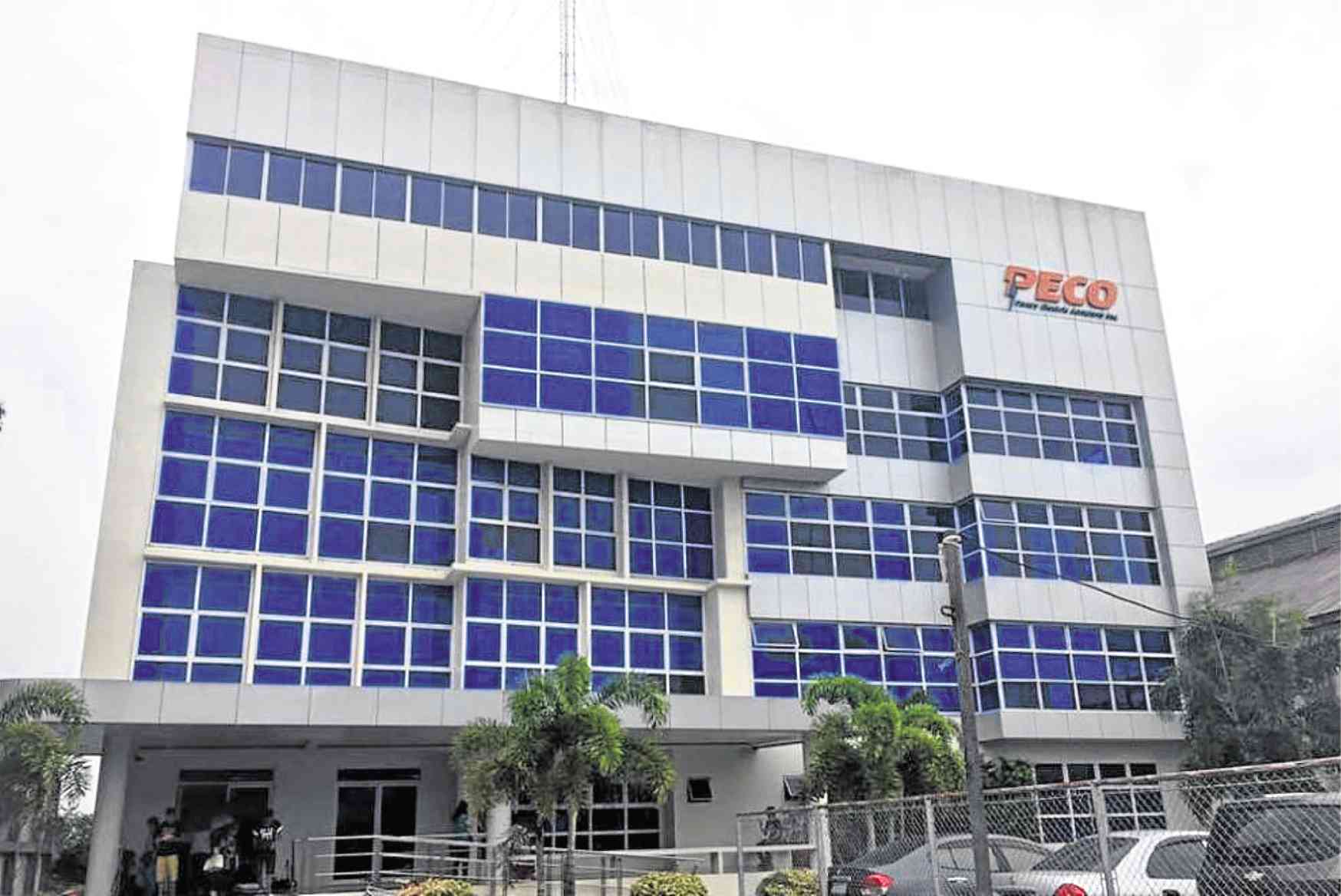Power fight outcome worries Ilonggos

Credit to Author: clopez| Date: Wed, 08 May 2019 21:00:09 +0000
(Last of two parts)
ILOILO CITY, Philippines — For the past five years, investments have poured into this city, and the local business community is bullish that development will continue, especially in real estate, business process outsourcing (BPO), tourism and agribusiness.
But with the expiry last Jan. 18 of the franchise of Panay Electric Co. Inc. (Peco) to distribute power in the city after 92 years and the legislative award of a new one to More Electric and Power Corp. (More Power), which is controlled by billionaire Enrique Razon Jr., public apprehension has been raised over the stability of power supply.
Court vs court
“We don’t know how this will play out. It might get worse before it gets better,” said Maria Lea Victoria Lara, executive director of the Iloilo Business Club.
“We hope there will be a win-win solution and that we should all be mindful of the general interest of the public,” Lara told the Inquirer. She was referring to the ongoing court fight between Peco and More Power.
The Mandaluyong Regional Trial Court (RTC) has issued a 20-day temporary restraining order (TRO) against More Power from exercising a 25-year franchise to distribute electricity in Iloilo City. It also stopped the company from expropriating the distribution assets of Peco.
But even before the court could hold a hearing on April 2 to determine if the TRO could become a preliminary injunction, the Court of Appeals issued its own order trumping the RTC’s action.
‘Dark ages of Iloilo?’
Although both Peco and More Power assured consumers that their legal battle will not disrupt electricity service, Sen. Franklin Drilon, who hails from Iloilo, said the situation was a cause for concern, especially since Peco was operating under a certificate of public convenience and necessity (CPCN) issued by the Energy Regulatory Commission (ERC), which is valid only until May 25.
When the CPCN expires, Peco cannot continue its operation, Drilon said.
“If More Power cannot have legal possession of the assets, what will happen? Will we be in the dark ages of Iloilo?” he asked.
Peco has asked the ERC for a provisional authority to operate even after the termination of its CPCN until all legal issues have been resolved and that power distribution in the city will not be disrupted.
The law granting a franchise to More Power provides for a maximum two-year transition period after the law takes effect. The company is expected to establish or acquire its distribution system.
More Power has also a pending application for the issuance of CPCN.
Marcelo Cacho, Peco administrative officer, said it was problematic for More Power to be issued the certificate, pointing out that it did not have a distribution system and personnel.
“It lacks technical feasibility and manpower,” Cacho told the Inquirer.
Drilon said he hoped Peco and More Power would resolve the impasse that had reached the courts.
Who’s protecting Ilonggos?
“Peco appears to be protecting its assets. More is protecting its franchise. So the question I ask is: Who is protecting the interest of Ilonggos?” the senator said.
Many Ilonggos have welcomed the entry of More Power because they were dissatisfied with Peco over billings, frequent power interruptions and poor customer service.
But others have also observed significant improvement in Peco’s service in recent years.
There is also concern over the entry of a company owned by a non-Ilonggo and without a track record in power distribution.
“There is no guarantee that the service of More Power will be better and Peco is a homegrown company, which is part of the history of Iloilo. But Iloilo also deserves better,” said one business owner, who asked not to be named to avoid being perceived to be favoring any of them.
Taking everything
More Power is keen on acquiring Peco’s assets and property when it takes over power distribution, but critics have pointed out that the company also wants to expropriate Peco land for future expansion, office furniture and fixtures, computers, software and service vehicles.
This appears to be the first time an electric franchise area with an existing power distributor is given to a newly formed firm without experience in power distribution and “does not own a single electric post,” they said.
Yet, what is at stake in terms of income potential is high.
Power demand in the city has grown significantly as investments come in.
In 1994, peak daily demand reached 60 megawatts and in 2013, to 90 MW, according to engineer Randy Pastolero, Peco assistant vice president for operations. It spiked especially in 2014 and 2015 amid a construction boom, and rose in 2017 to 110 MW and last year to 116 MW.
The bulk of power supply (35 MW) comes from the substation in Mandurriao District, where projects of Ayala Land, Megaworld Corp., SM Prime Holdings Inc. and Gaisano Capital are found.
The uncertainty has already caught the attention of BPO firms.
“Investors are asking for a 100-percent assurance that there will be no disruptions because this will affect operations and expansion plans,” said Jesraf Palmares, president of the Iloilo Federation for Information Technology (Ifit).
Under the Ifit umbrella are 26 BPOs employing some 26,000 workers, as well as schools and government agencies.
Francis Gentoral, executive director of the Iloilo Economic Development Foundation, said the business community did not want to be embroiled in a tug-of-war between More Power and Peco.
“What is important is who can provide reliable supply and at a lower cost,” Gentoral said, describing it as essential in sustaining the growth of Iloilo economy.
“There is still a lot of potential and businesses are still being put up,” he said.